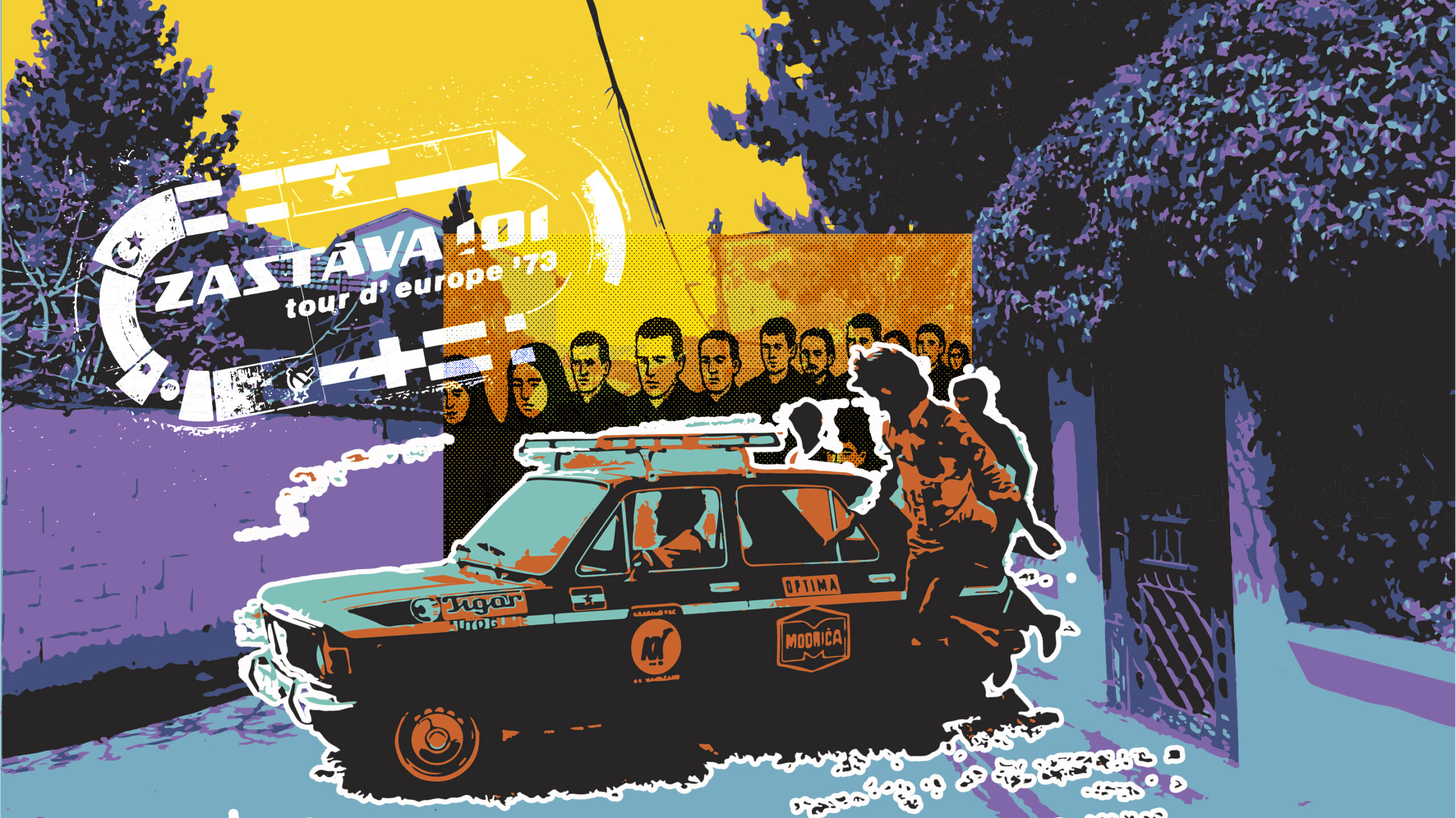
“It's Father's Day and everybody's wounded”
Me and Milan Kundera on a funeral day.
After a while, the house emptied — and now, a decade later, each of us still carries our own wounds.
Then I fell asleep, imagining a different kind of funeral for my father.

Agona Shporta
Agona Shporta is a musician, researcher, and cultural worker from Prizren. In 2024, she released her debut album, Hape Portën, a collection of reinterpreted Albanian folk songs.
This story was originally written in Albanian.